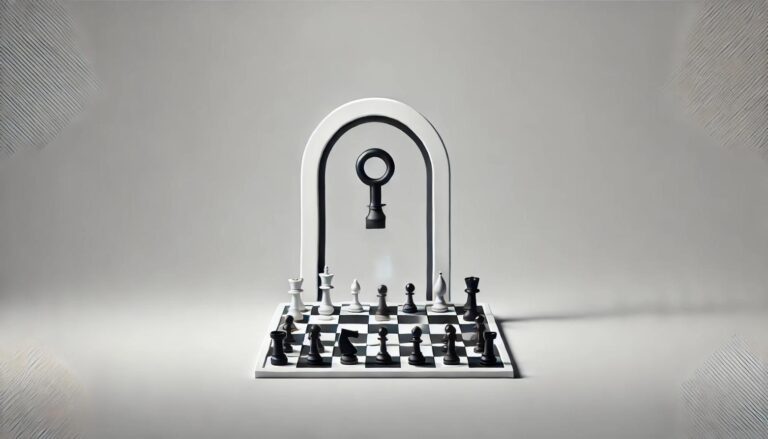Section 1: Understanding the Basics of Chess
Chess is a strategic board game that has been played for centuries. It is a game of mental focus and tactical planning, where two opponents face off on a checkered board with 64 squares. The objective of the game is to capture your opponent´s king, while protecting your own king from being captured. Before attempting to win a chess match, it is important to have a strong understanding of the basics of the game.
The chess board is set up in a specific way, with each player having 16 pieces â 8 pawns, 2 bishops, 2 knights, 2 rooks, 1 queen, and 1 king. The pawns are the weakest pieces on the board, while the queen is the most powerful. Each piece has its own unique movement and abilities, and it is essential to know these in order to make strategic moves during a game.
In chess, the game is played on alternating turns, with players moving one piece at a time. The goal is to outmaneuver your opponent´s pieces and ultimately checkmate their king. Checkmate occurs when the king is in a position where it would be captured if it were to move, and there are no other pieces that can protect it. However, there are also other ways to win a chess match, which we will explore further in the following sections.
Section 2: Develop a Strong Opening Strategy
The opening of a chess match is crucial, as it sets the tone for the rest of the game. It is during this phase that players establish their pieces on the board and make their first moves. Having a strong opening strategy can give you an early advantage and increase your chances of winning the game.
One of the most common opening strategies is called the “Four Knights Game”. This involves moving your knights towards the center of the board, which gives your bishops and queen more mobility and control over the center squares. Another popular opening strategy is called the “Sicilian Defense”, where players focus on controlling the center of the board with their pawns and use their knights and bishops to support their defense.
No matter which strategy you choose, it is important to have a plan in mind and to be familiar with the different types of openings. Practicing different opening strategies and studying famous chess games can greatly improve your opening game and increase your chances of winning.
Section 3: Utilize Tactical Moves and Sacrifices
Chess is a game of tactics and sacrifice. It is important to constantly be on the lookout for opportunities to gain an advantage by sacrificing a piece. Sacrificing a weaker piece, such as a pawn, to capture a more valuable piece, like a queen, can significantly change the dynamics of the game.
Additionally, it is important to utilize tactical moves in order to gain control of the board and limit your opponent´s options. This includes using your pieces to create threats, forks, and pins, forcing your opponent to make unfavorable moves or lose valuable pieces.
However, before making any sacrifices or tactical moves, it is important to carefully calculate and consider the consequences. Making hasty moves without considering all possibilities can result in losing a piece or even the game.
Section 4: Practice, Analyze, and Improve
One of the most crucial elements to winning a chess match is practice. The more you play, the more comfortable you will become with the different strategies and tactics in the game. Additionally, analyzing your own games and studying famous games can help you identify your weaknesses and improve your game.
It is also important to constantly challenge yourself by playing against opponents of different skill levels. This will expose you to different playing styles and force you to adapt and improve your own playing style.
Finally, don´t be afraid to learn from your mistakes. As with any game or sport, losing is part of the learning process. Analyze your losses and identify areas where you can improve. This will ultimately make you a stronger and more competitive player.
Conclusion
Winning a chess match takes strategy, tactics, and practice. Understanding the basics of the game, developing a strong opening strategy, utilizing tactical moves and sacrifices, and constantly practicing and analyzing your games are all important components in becoming a successful chess player. With patience, dedication, and a love for the game, anyone can improve their skills and increase their chances of winning a chess match.

